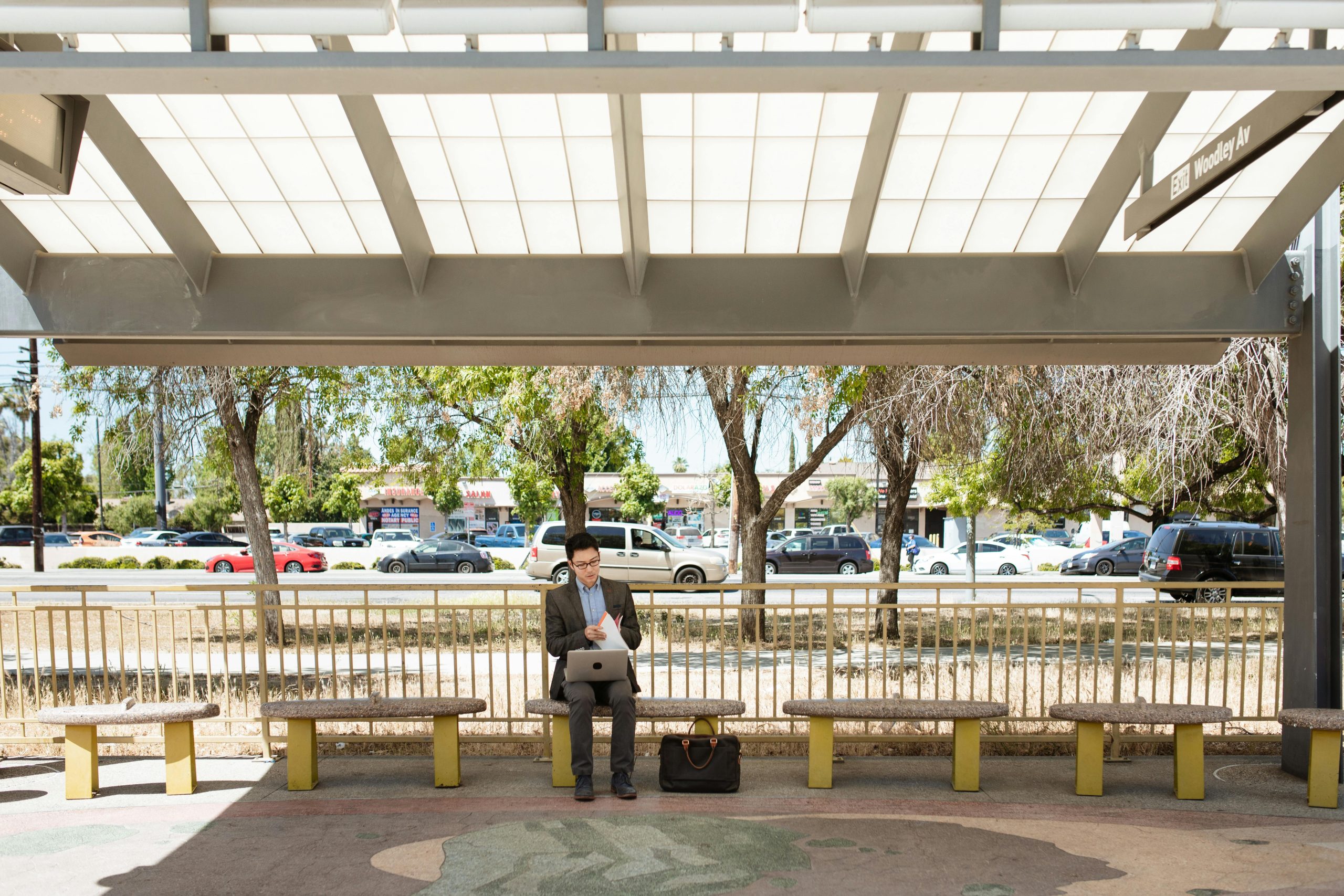Handling Vehicle Damage After an Incident During a Network Outage: A Practical Guide
Recently, I faced an unexpected challenge after a drunk driver hit my parked car overnight. The good news is that the police identified the driver and provided me with their insurance details. However, there’s a complication: the insurance provider listed is Erie Insurance, which is currently experiencing a significant system outage — likely due to a ransomware attack or similar technical issue.
This situation raises an important question for vehicle owners in similar circumstances: Should I implement my collision coverage with another insurer, such as Geico, to expedite repairs? Meanwhile, I could leave the reimbursement process to Erie Insurance once their systems are back online.
The concern here is that Erie’s current outage means their paper-based processes are in place, which could result in prolonged delays—potentially weeks—before my claim is processed and my vehicle is repaired. This disruption could leave me without my car for an extended period, which is far from ideal.
Given these circumstances, is it advisable for me to proceed with my own collision coverage through Geico to get my vehicle repaired promptly? My plan would be to have Geico handle the initial repair, and then afterward, they would pursue reimbursement from Erie once their systems are operational again. It’s worth noting that my deductible is $500, but Geico has assured me that they will recover this amount if they successfully obtain reimbursement from Erie.
If you find yourself in a similar situation—dealing with an insurance claim while the provider is experiencing technical issues—consider the following:
- The benefits of faster vehicle repairs by using your own insurer’s collision coverage.
- The potential delays caused by ongoing systemic outages within the insurance company.
- The ability of your insurer to pursue reimbursement later, minimizing your immediate out-of-pocket costs.
Navigating insurance claims amid widespread outages can be complex, but prioritizing swift vehicle repairs and minimizing personal inconvenience is often key. Always weigh the risks and benefits carefully, and consult with your insurance representatives if possible, to determine the best course of action for your specific situation.



